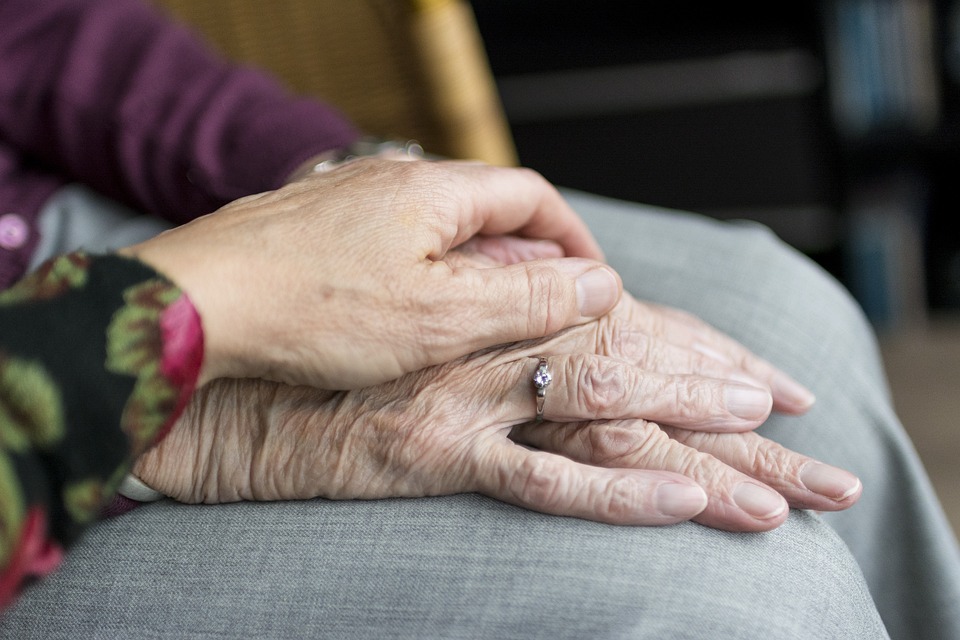Plastic production makes up 45% of the petrochemical sector which is expected to drive half the world’s oil demand growth between now and 2050, according to the
Action on waste is action on climate, yet the Albanese government is refusing to take this seriously. Australia needs legislation and regulation that tackles plastic waste and Perfluoroalkyl and Polyfluoroalkyl Substances (PFAS) at the design stage, instead of waiting for the pollutants to be created, only to then figure out how to manage or repurpose them.
That’s why the Greens have today announced plans to ensure big producers of plastics are forced to clean up the mess they make, and take a design-first approach to waste that bans the most toxic plastics and all PFAS pollutants.
As stated by Greens spokesperson for Waste and Recycling, Senator Peter Whish-Wilson:
“Plastic pollution is no longer some faraway problem floating out in a distant ocean. Toxic and dangerous plastics are now found everywhere, and people are increasingly clued into the fact most are cooked up in a lab from oil-based chemicals. Make no mistake, plastics and PFAS are fuelling the climate crisis.
“It’s farcical that big corporate producers and retailers of toxic plastics and plastic packaging currently have no obligation to take responsibility for the products they unleash into the world. Successive federal governments have disgracefully allowed big plastic producers to set their own voluntary plastic waste reduction targets they’ve had no intention of meeting without any penalties or threats of regulation – it’s got to change.
“The big producers of plastics and PFAS have had their chance to clean up their act and they haven’t. Our planet is now sick and our communities are suffering. It’s beyond time for mandated plastic waste reduction schemes and action that tackles the most harmful plastic pollutants at the design stage.”
As stated by Greens candidate for Macnamara, Sonya Semmens:
“The dolphins in Port Phillip Bay have the PFAS levels in the world. It’s not surprising when you understand the amount of plastic rubbish and wastewater that washes onto the beach. I know I’m not the only parent wondering what the health risks are for kids
and families swimming in the bay.
“To end this plastic pollution, we need to change the system that creates it. Australia desperately needs legislation and regulation that tackles plastic waste and PFAS at the design stage instead of waiting for the pollutants to be created, only to then figure out how to manage or repurpose them.
“We know that action on waste is action on climate, yet the government is refusing to take this seriously. Other countries started phasing out PFAS years ago and Australia now risks becoming the global dumping ground for products containing these insidious chemicals.
“Labor and the Liberals have both failed to protect communities across the nation from plastic waste and PFAS. We can’t keep voting for these same two tired parties and expecting a different result – Australia needs change now, and we need more Greens in parliament to
make it happen.
“Cleaning up our Bay and waterways won’t happen overnight, but the first step is to vote for someone who is fighting for it.”
The Greens plan for plastics, packaging & recycling:
- Implement a national ban on the most harmful single-use plastic items to ensure a federally consistent approach across Australian jurisdictions;
- Deliver a mandated packaging product stewardship scheme (extended producer responsibility scheme) that brings Australia into line with international best practice;
- Legislate to make adoption of Australasian Recycling Label (ARL) mandatory on all consumer packaging;
- Invest $500 million over five years into building infrastructure and deploying innovative technologies to increase recycling rates in Australia. This includes investment to build secondary markets for recycled materials.
The Greens plan for PFAS & forever chemicals:
- Act immediately to ban all types of forever chemicals (PFAS) in all uses. This will include, but not be limited to, bans for PFAS use in consumer packaging, agrichemicals/pesticides and cosmetic products;
- Take a design-first approach to management of Persistent Organic Pollutants (POPs) and PFAS by regulating out harmful chemicals and other contaminants in packaging;
- Implement standardised national frameworks for acceptable levels of all POPs and compounds – especially PFAS – in the creation of organic compost;
- To support food waste recycling and to relieve current pressures on the waste and resource recovery sector to manage PFAS, the Greens will work with industry and stakeholders to develop a timeline to remove contaminants from compostable food packaging.








